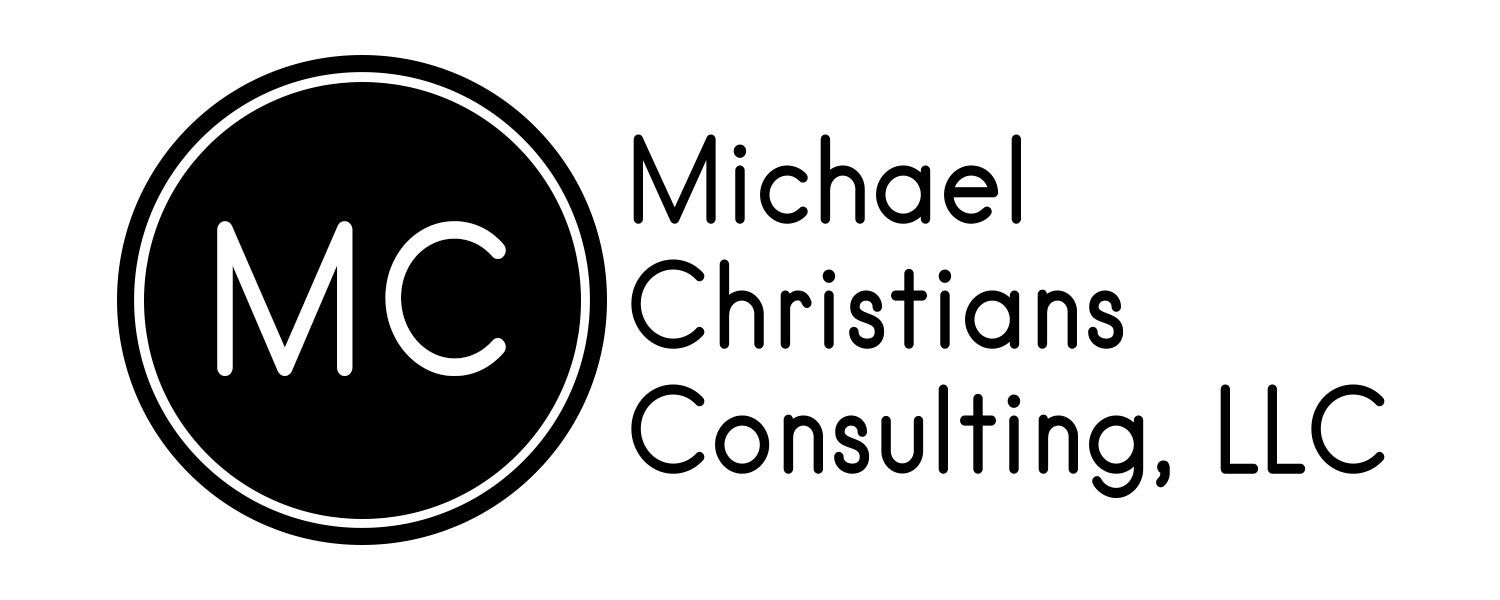CFPB Policy Statement on Abusive Acts and Practices
On April 3rd, the Consumer Financial Protection Bureau (CFPB) issued a policy statement providing an analytical framework, through relevant examples, on how to identify abusive acts or practices.
In 2010, Congress passed the Consumer Financial Protection Act which added abusive to the existing prohibition against Unfair and Deceptive Acts and Practices (UDAP). The statute defines an abusive act or practice as one that:
- Materially interferes with the ability of a consumer to understand a term or condition of a consumer financial product or service, or
- Takes unreasonable advantage of -
- A lack of understanding on the part of the consumer of the material risks, costs, or conditions of the product or service,
- The inability of the consumer to protect his/her interests in selecting or using a consumer financial product or service, or
- The reasonable reliance by the consumer on a covered person to act in his/her best interests.
The CFPB's policy statement provides guidance on each prong of the abusive standard.
Material Interference
The statement provides that material interference can occur via an affirmative act or an omission. Furthermore, the guidance identifies three ways in which material interference can be shown:
- Intentional interference,
- The natural consequence of the act or omission is to impede the consumer's ability to understand, or
- Evidence showing the act or omission did in fact impede the consumer's actual understanding.
Unreasonable Advantage
Lack of Understanding
A lack of understanding can occur when there are gaps in understanding regarding the risks, costs, or conditions of the financial product or service. This element can be proven in several ways:
- Direct evidence of a lack of understanding, such as complaints,
- Analysis showing that reasonable consumers were not likely to understand, or
- Considering a consumer's course of conduct and likely consequences.
Inability to Protect Interests
This element is present when there is unequal bargaining power between the parties. For example, if a consumer must take unreasonable or onerous steps to protect their interests, that would be abusive. In addition, steering or contractual agreements that eliminate consumer choice would also be considered abusive.
Reasonable Reliance
Reasonable reliance may be established in a couple of different ways:
- The entity expressly indicates to a consumer that it will act in his/her best interests, or otherwise holds itself out as doing so, or
- The entity helps the consumer select providers in the financial products and services market.
You can access the policy statement here.


